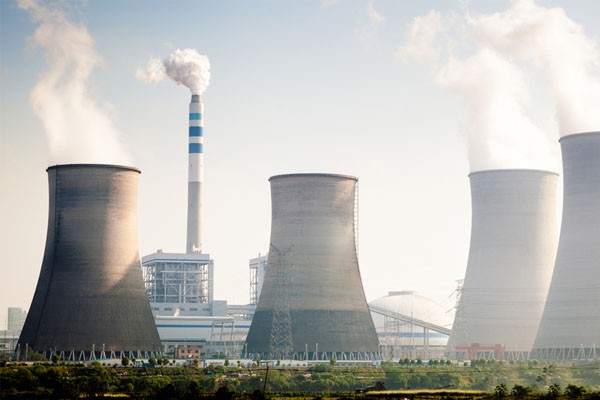South Africa will construct six new nuclear power plants, which will cost between R400 billion and R1 trillion to build.
South Africa will have six new nuclear power plants by 2030, which will cost between R400 billion and R1 trillion to build, according to a report by Reuters.
Energy Minister Tina Joemat-Pettersson told Parliament on 19 May that South Africa will start the nuclear build programme in 2015, in a bid to generate an additional 9,600MW of electricity.
“We expect to present the outcome of this procurement process to cabinet by year-end,” said Joemat-Pettersson.
She said the operation will be carried out in a fair and transparent manner.
Joemat-Pettersson also said the country will also re-establish its nuclear fuel cycle industry, which would include developing uranium enrichment plants and nuclear fuel production sites.
Heated debate over nuclear power.
In a heated energy budget session, the Democratic Alliance (DA) gave Energy Minister Tina Joemat-Pettersson a roasting and continuously disrupted her during her budget speech in the National Assembly in Cape Town on Tuesday.
The disruptions focused on her nuclear policy as well as the abandoned independent system and market operator (Ismo) bill. It prompted Joemat-Pettersson’s mid-speech suggestion that the “members on the left be given Ritalin for their lack of concentration” and the DA’s response that she needs anti-depressants.
Joemat-Pettersson said the government approved the nuclear energy policy in 2008, which provides for the expansion of the nuclear build programme in a coordinated manner to address socio-economic needs and bolster the economy. However, the DA said it was a confusing development.
“We in the DA find the minister’s announcement to go ahead with the nuclear build programme to be downright confusing, premature and irresponsible,” said DA shadow deputy minister of energy Gordon Mackay.
“The Cabinet-approved IRP 2010 provides for 9 600 MW of electricity to be generated through nuclear power, with the first unit commissioned by 2023,” said Joemat-Pettersson.
“Vendor parades have been completed with all nuclear vendor countries that have shown interest to participate in the nuclear new build programme,” she said.
SA’s nuclear preparedness ‘deficient’
Mackay said the International Atomic Energy Agency found South Africa’s nuclear preparedness deficient in more than 40% of its assessment criteria, “strongly indicating that South Africa is simply not ready to expand its nuclear capability safely”.
“Echoing these findings are a series of reports from the World Association of Nuclear Operators, which found the capacity of management staff at Koeberg to be sub-optimal and identifying the cash crunch at Eskom as negatively impacting on long-term nuclear safety at SA’s sole nuclear power station.
“This is to say nothing of the capacity constraints being experienced at the National Nuclear Regulator – a body that lacks the requisite skill to oversee any new build programme.
“Perhaps we should remind the minister that ignoring the facts will not change the facts. The truth is simple. There simply is no real case for expanded nuclear capacity in South Africa.”
Joemat-Pettersson said the department would commence with the nuclear procurement process in the second quarter of this financial year “to select a strategic partner or partners in a competitive, fair, transparent and cost effective manner”.
“We expect to present the outcome of this procurement process to Cabinet by year-end.
“We will finalise the business model for the re-establishment of the nuclear fuel cycle facilities to take advantage of our mineral resources and the beneficiation strategy of our government.
Students to be sent to China, Russia.
“In preparation for the rollout the nuclear build programme, we have commenced with a nuclear skills development and training programme. We will be sending students to attend focused training in various countries.
“In this regard, 50 trainees from government nuclear industry entities were sent to China in April 2015 for phase 1 nuclear training, and plans are under way to send an additional 250 trainees to China.”
“The Russian Federation has offered five new nuclear scholarships (at) master’s degree level in nuclear physics this year, while South Korea has a standing programme to train South African students in masters programmes in nuclear engineering.”

